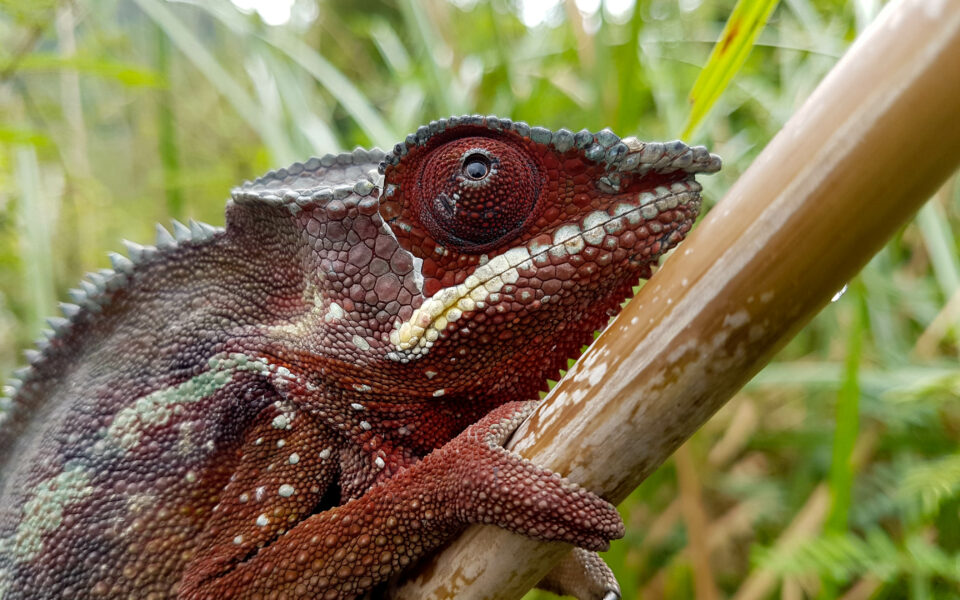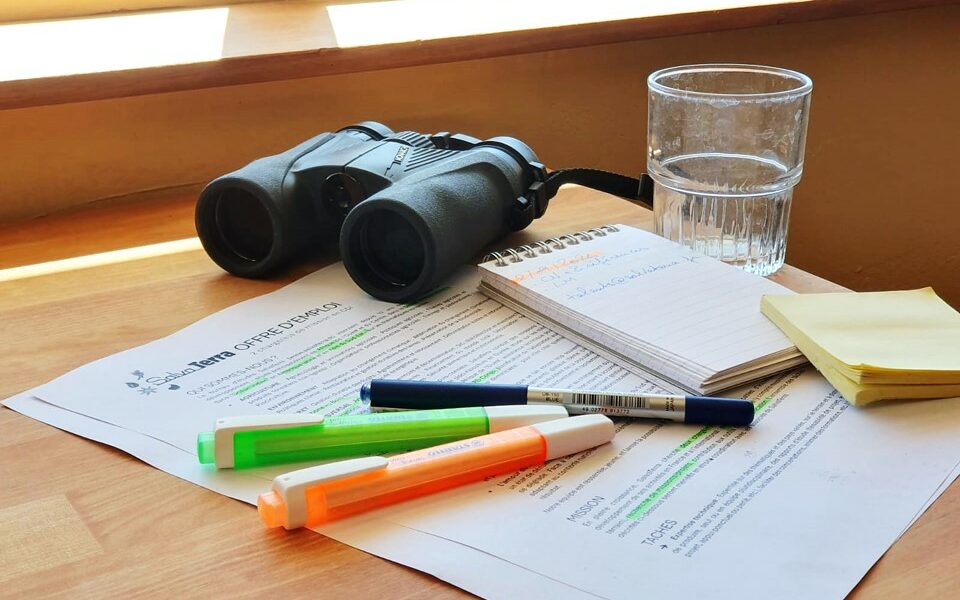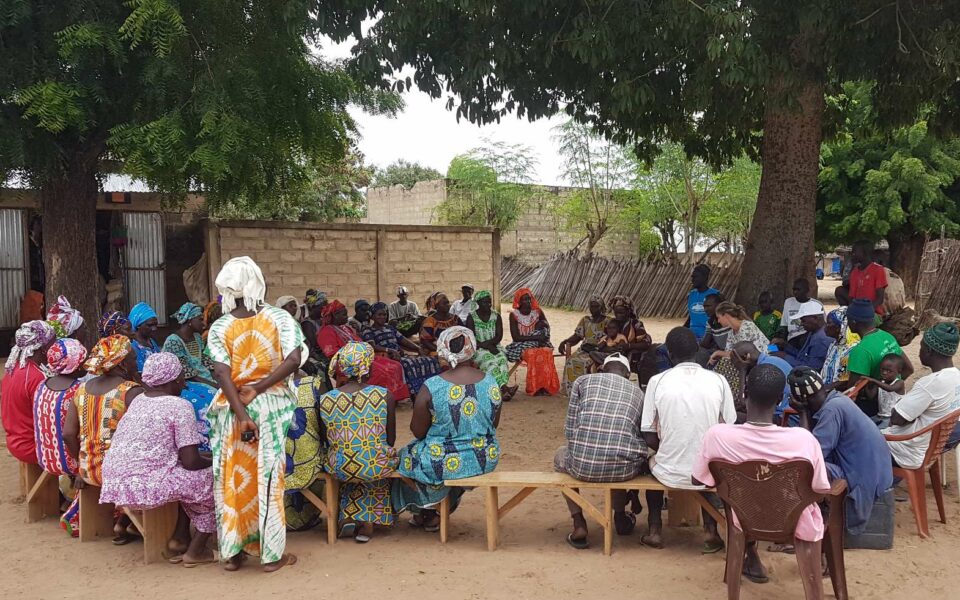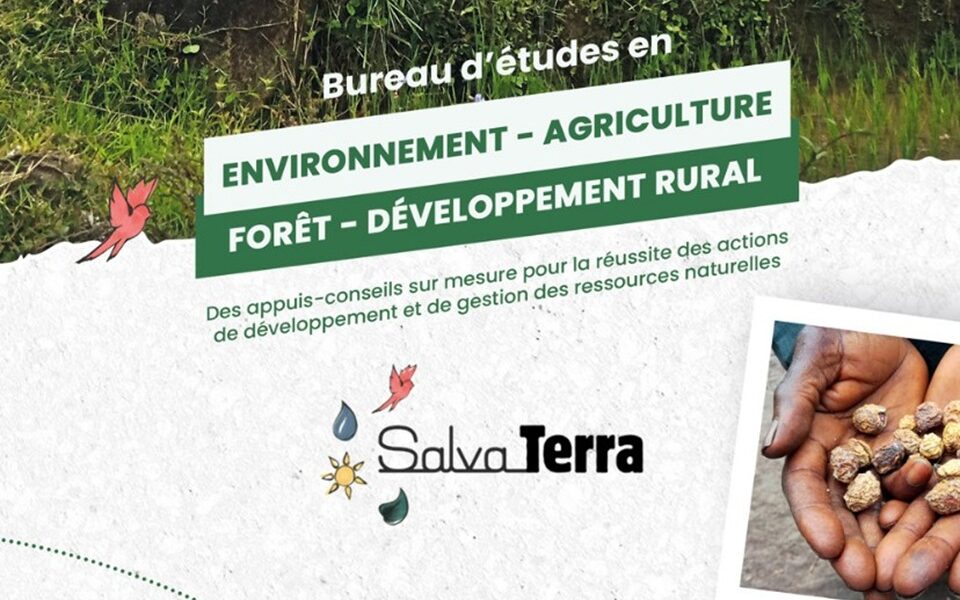News

22 May 2023
Like every 22nd of May, it’s World Biodiversity Day!
It is an "international day", the purpose and date of which were established by the United Nations General Assembly in 1993. Initially set for 29 December, it was moved to 22 May (date of the adoption of the text of the 1992 Convention on Biological Diversity) in 2000.
Its main purpose is to raise awareness among global citizens about issues related to the conservation of “biodiversity”, a term that refers to all forms of life on Earth: plants, animals, microorganisms, etc. The concept also includes genetic differences within species.
We only know a small part of biodiversity: 1.9 million species are listed in the Catalogue of Life but there are a priori four times more, or 8.7 million! And of these 8.7 million, nearly a million are threatened with extinction, and 75% of the world’s ecosystems are degraded… The 6th mass extinction of biodiversity is underway.
The causes of this worrying degradation are known, and 5 main factors explain these impacts: habitat destruction, overexploitation of species, chemical pollution, climate change, invasive species.
Biodiversity provides a multitude of services to humanity: production of food and medicine, regulation of natural cycles such as water cycles, and carbon (and therefore climate), soil protection… It also fulfills a cultural, even religious role: a source of inspiration for artists, it is also omnipresent in the symbolism of many religions, for example.
According to the UN, current negative trends in biodiversity and ecosystems are expected to undermine the achievement of 80% of the Sustainable Development Goals targets.
The theme of the International Day for Biological Diversity is “From Agreement to Action: Rebuilding Biodiversity”, highlighting the need to implement the Kunming-Montreal Global Biodiversity Framework of December 2022, whose ambition is to reverse the loss of biodiversity by 2050.
And us in all this?
SalvaTerra offers a holistic and multidisciplinary approach to provide advisory support to meet the social, economic and environmental challenges of biodiversity conservation. From the initial diagnosis (floristic and faunal inventories) to the feasibility study or evaluation of conservation projects, we are able to accompany each stage of the projects, mobilizing naturalist experts as well as other expertise in various related fields (climate change, sustainable agriculture, forest management, mapping and remote sensing, etc.).
A lire aussi...

01 Jul. 2025
Deux nouveaux recrutements chez SalvaTerra
En pleine expansion, SalvaTerra recrute deux chargé(e)s de mission pour soutenir le développement de ses activités en France et à l'international. Les missions incluent expertise technique (avec déplacements terrain), recherche de projets, et contribution aux outils de communication. Toutes ces tâches seront réalisées en étroite collaboration avec les associés de SalvaTerra.

30 Jun. 2025
🌾 Comment renforcer durablement la résilience des petits exploitants agricoles face aux chocs climatiques au Sénégal ?
📢 SalvaTerra en collaboration avec l'IRAM a récemment mené l’évaluation finale du projet 4R "Renforcer la résilience climatique des petits exploitants agricoles en situation d’insécurité alimentaire grâce à une gestion intégrée des risques climatiques", financé par le Fonds Vert pour le Climat et mis en œuvre par le PAM Sénégal, dans cinq régions clés du pays (Kolda, Tambacounda, Kaffrine, Fatick, Kaolack).
